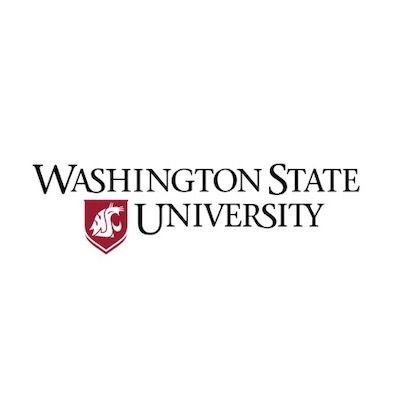Washington State University: Licensing deal aims for environmentally friendly foams
A bio-based foam technology developed at Washington State University has been licensed by WSU’s Office of Commercialization to Pregis LLC, a global packaging company, with the goal of creating environmentally responsible and sustainable packaging materials.
The licensing agreement comes out of research in which the WSU team developed an environmentally friendly, plant-based material that works better than polystyrene foam for insulation. Through the agreement, Pregis and WSU will explore commercialization opportunities for the innovative, sustainable material, which was developed by the WSU team led by Xiao Zhang, professor in the Gene and Linda Voiland School of Chemical Engineering and Bioengineering.
“We’re optimistic about the opportunity for commercializing the work that comes out of the university and to stimulate investment in this research,” said Tom Wetsch, chief innovation officer at Pregis. “Professors have unique insights and invest time in their labs, teaching, and conducting research to bring ideas to life that can make a real impact in the marketplace. We’re pleased to play a role in carrying that work forward and excited about the potential outcomes of this innovative material.”
Pregis is a leading manufacturer of protective packaging solutions, including polyethylene foam, bubble, curbside recyclable paper mailers, flexible films, as well as on-demand packaging systems for inside the box protection and mailing and bagging applications. The company is also involved in developing sustainable packaging solutions.
Researchers have long been working to develop an environmentally friendly replacement for polystyrene foam. The popular material, made from petroleum, is used in everything from coffee cups to materials for building and construction, transportation, and packaging industries. It has harmful ingredients, depends on petroleum, doesn’t degrade naturally, and creates pollution when it burns. Companies are seeking sustainable alternatives that offer comparable insulation and protection performance.
The material the WSU team has created contains a uniform cellular structure that means it is a good insulator, surpassing the insulation capability of petroleum-based foams. The plant-based material is very lightweight and can support up to 200 times its weight without changing shape. It degrades well, can be recycled, and burning it doesn’t produce polluting ash.
“I’ve been working on many research projects for WSU, and this is one where I can see a real potential to have a commercial impact,” said Zhang. “We all want to move away from a fossil-fuel-based to a bio-based economy, and the technology that we have developed is coming at the right time. Our products can really fill that need.”
With the licensing deal in place and aided by product development support from Pregis, the WSU researchers during the next year will conduct further research, development, and testing for commercial viability and for scaling up of production. Zhang has also received a new $560,000 USDA National Institute of Food and Agriculture grant to further develop the bio-based foams for other packaging applications.

